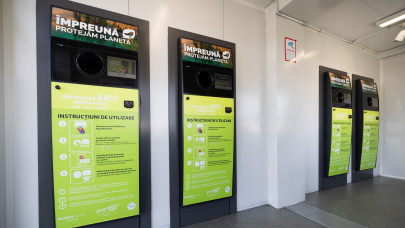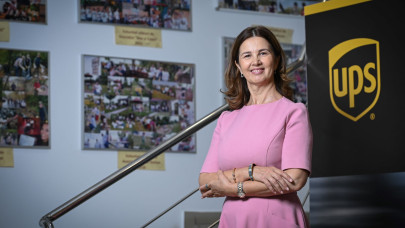Sustainable packaging solutions provider DS Smith has announced even more ambitious targets as part of its 'Now & Next' strategy to accelerate the transition to a circular, low-carbon economy. Since the launch of the "Now & Next" strategy, the company has achieved 9 of the 26 proposed objectives, and another 3 are being met ahead of schedule.
"We have made good progress with our 'Now & Next' sustainability strategy, but the context we are in requires us to do more. That's why we're taking action today to ensure our commitments keep pace with an ever-changing world, accelerating the transition to a circular, low-carbon economy," says Miles Roberts, Group Chief Executive.
The company wants to continue producing 100% recyclable and reusable packaging.
The company plans to reduce GHG emissions from goals 1, 2, and 3 by 46% compared to 2019/2020 by 2030, and by 2050, reach Net Zero greenhouse gas emissions.
"By 2030, we want to involve 10 million people (increase from 10 million) in the Circular Economy and circular lifestyles. By 2030, we want to improve gender diversity to reach 40% of women in the company's top management positions", says the company.
In addition, the company wants to establish objectives for the regeneration of nature through a science-based approach and aims, by 2030, to reduce by 10% the intensity of water extraction in paper factories exposed to the risk of water stress, compared to 2019.
"To tackle climate change, it is crucial to adopt low-carbon renewable energy sources. But we also need to address how we make and use things in our everyday lives by moving to a circular economy. Through our circular design principles, we are already acting as a gateway to the circular economy for our customers, helping some of the world's best-known consumer goods brands achieve their sustainability goals alongside our own," says Miles Roberts, the General Director of the Group.
Using exclusively recycled paper, the DS Smith factory in Zărnești is the largest profile production unit in Romania, serving almost half of the local demand for packaging paper.
The company has set an industry-high commitment to achieve, based on a science-based approach, the goal of reducing emissions by 46% by 2030 and achieving climate neutrality, Net Zero, by 2050.
DS Smith states that 100% of its packaging is now recyclable or reusable and all its forests have forest management certification. Also, 100% of the paper used in production is recycled or has a certified chain of custody.
By 2025, the company has set itself the goal of eliminating 1 billion problematic plastic items and 2025, optimizing fiber for individual supply chains through 100% new packaging solutions.














